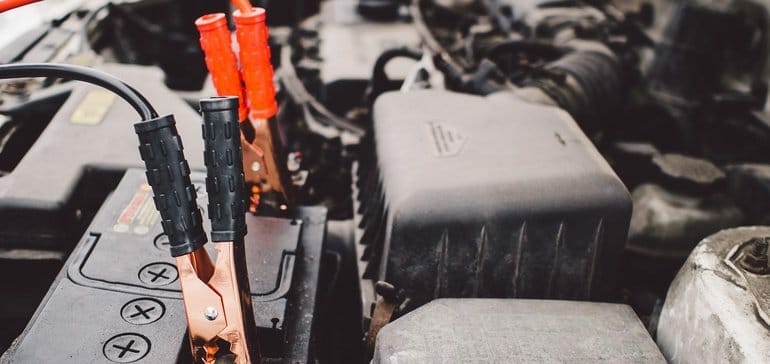Subaru to Offer Applied Sciences Associate Degree
Source: https://www.educationdive.com
By: James Paterson
Dive Brief:
- Subaru of America will offer a two-year applied sciences associate degree in automotive technology specific to its brand in partnership with Mt. Hood Community College (MHCC), in Oregon, according to the company. It will connect graduates with dealerships in the state that will provide them with hands-on training and a job upon graduation.
- The degree is an extension of the company’s Subaru U online factory certification offered in partnership with MHCC. The college enrolls more than 33,000 students across campuses in Gresham and Portland, Oregon.
- Subaru’s sales have grown steadily over the past few years, though automakers with facilities across the country say they’re having difficultyfinding skilled technicians.
Dive Insight:
Subaru isn’t the only carmaker partnering with colleges to help build a pipeline for skilled automotive technicians. Earlier this year, electric car manufacturer Tesla announced the start of a 12-week training program offered through Central Piedmont Community College, in Charlotte, North Carolina, and Rio Hondo College, in Whittier, California.
The decision is a shift from Tesla’s previous recruiting strategy, which was to draw employees from other automakers or training programs, Electrek reported. Other large carmakers take a similar approach or run their own training programs and institutes.
The shortage of mechanics is severe as workers retire in greater numbers than they can be replaced, Car and Driver Magazine reported, citing deterrents such as expensive equipment, a steep learning curve and the need to get one’s hands “dirty” in order to do the job. Related fields such as car body repair also have a shortage of technicians, according to Automotive News. The National Automotive Service Task Force is gathering information about the shortage of trained technicians and reporting on ways to train more.
In offering the degree program, Subaru and MHCC are addressing the much-publicized issue of gaps between workforce skills needs and the training offered at colleges and universities across the country.
The need for such collaboration will likely persist. According to The Hechinger Report, automotive and other vehicle repair positions are unlikely to be fully replaced by robotics due to the need for a combination of technical expertise, customer service and problem solving capabilities.

